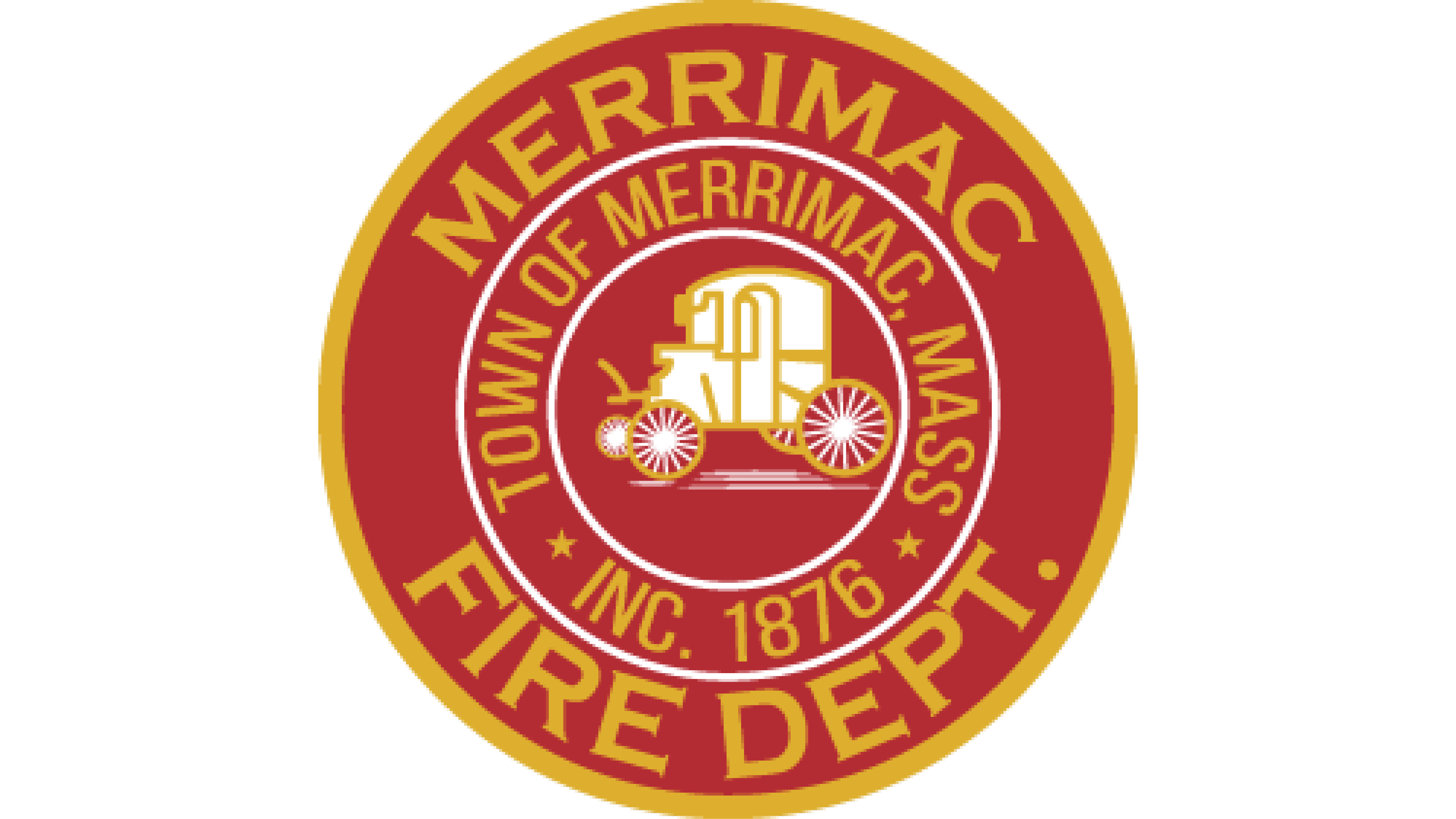MERRIMAC — Chief Larry S. Fisher and the Merrimac Fire Department would like to offer residents chimney and home heating safety tips as colder weather approaches.
According to the National Fire Protection Association (NFPA), heating is a leading cause of home fires in the U.S. Between 2016-2020, local fire departments responded to an estimated average of 44,210 home structure fires caused by heating equipment.
Chimney Safety
Chief Fisher would like to encourage residents to use resources provided by the Chimney Safety Institute of America and DFS to educate themselves about chimney safety.
How To Prevent a Chimney Fire:
- Have your chimney cleaned annually by a CSIA Certified Chimney Sweep. Dirty chimneys can cause chimney fires.
- Have your chimney inspected annually, even if you don’t use your chimney often. A chimney inspection can help prevent carbon monoxide and chimney fires, and can identify potential system issues to address before they become dangerous or costly.
- Ensure there are no prior damages to your chimney that may impact its ability to work safely.
- Be sure to properly dispose of ashes from chimneys and stoves.
- Be sure that the damper of the chimney is open before lighting a fire.
- Use a fireplace screen to prevent flying sparks and embers from falling out onto the floor.
- Install and maintain smoke alarms and carbon monoxide detectors.
Signs of a Chimney Damaged by a Chimney Fire:
- “Puffy” or “honey combed” creosote
- Warped metal of the damper, metal smoke chamber connector pipe or factory-built metal chimney
- Cracked or collapsed flue tiles, or tiles with large chunks missing
- Discolored and/or distorted rain cap
- Heat-damaged TV antenna attached to the chimney
- Creosote flakes and pieces found on the roof or ground
- Roofing material damaged from hot creosote
- Cracks in exterior masonry
- Evidence of smoke escaping through mortar joints of masonry or tile liners
Operating a chimney that has previously experienced a fire is a safety risk. If you suspect that your chimney has been impacted by fire, call a certified sweep to assess damages and make recommendations for repairs to ensure your chimney is safe.
Chimney fires can burn intensely and can spread to other parts of a house. Many chimney fires are slow-burning and may not get enough air or fuel to be visible. However, slow-burning fires can reach very high temperatures and can cause extensive damage to a chimney’s structure or other parts of the house.
If you hear loud cracking or popping noises, see dense smoke or notice an intense, hot smell coming from your chimney, call 911 immediately.
Heating Safety
In an effort to keep residents warm and safe, the Merrimac Fire Department wishes to share the following heat safety tips from NFPA:
- Keep anything that can burn at least 3 feet away from heating equipment, like the furnace, fireplace, wood stove or portable space heater.
- If you have children living in your home, have a 3-foot “kid-free zone” around open fires and space heaters to ensure their safety.
- Avoid using an oven to heat your home.
- Residents should have a licensed professional to install stationary space heating equipment, water heaters or central heating equipment according to the local codes and manufacturer’s instructions.
- Avoid using space heaters as your primary heating source in your home.
- Never leave portable heaters on when you leave a room or the house or go to bed.
- Always use the right kind of fuel, specified by the manufacturer, for fuel-burning space heaters.
- If you smell gas in your gas heater, do not light the appliance. Leave the home immediately and call your local fire department or gas company.
- All fuel-burning equipment should be vented to the outside to avoid carbon monoxide (CO) poisoning.
###

